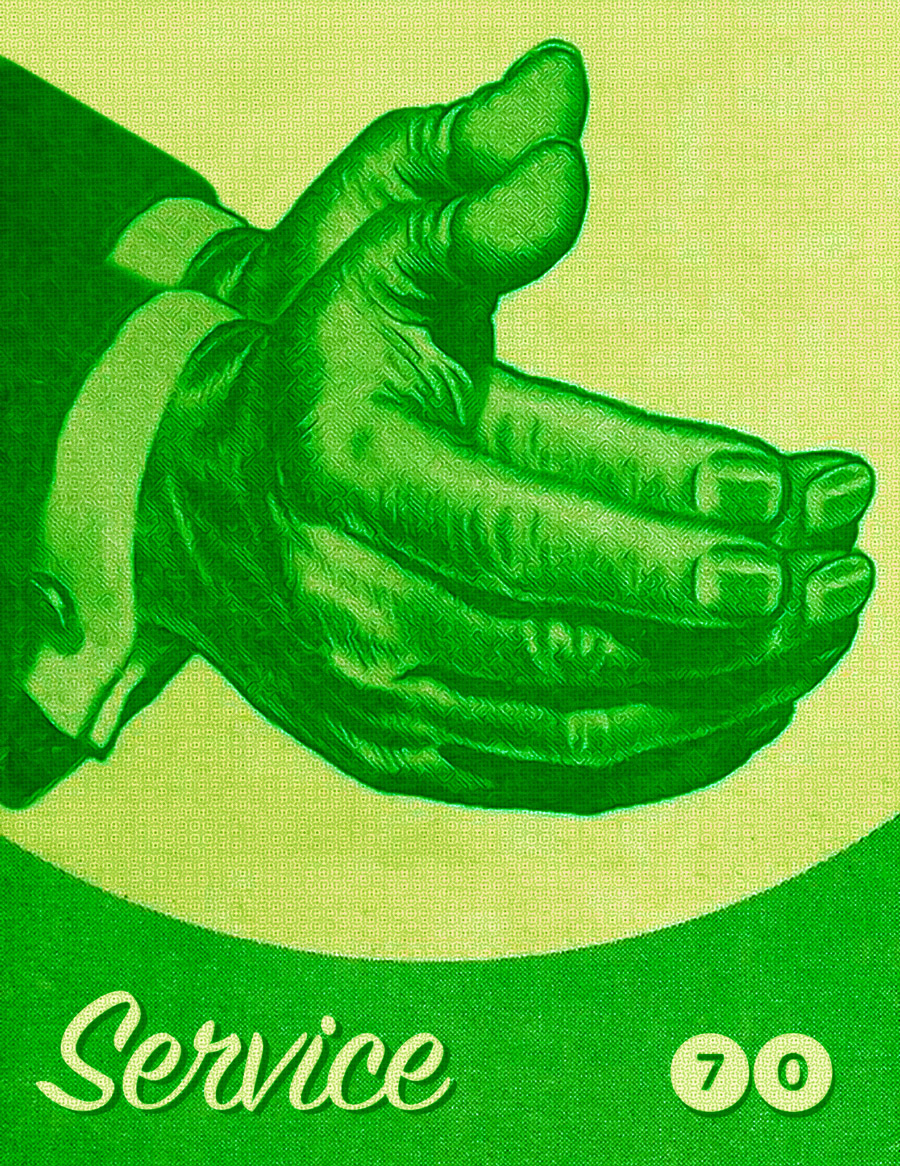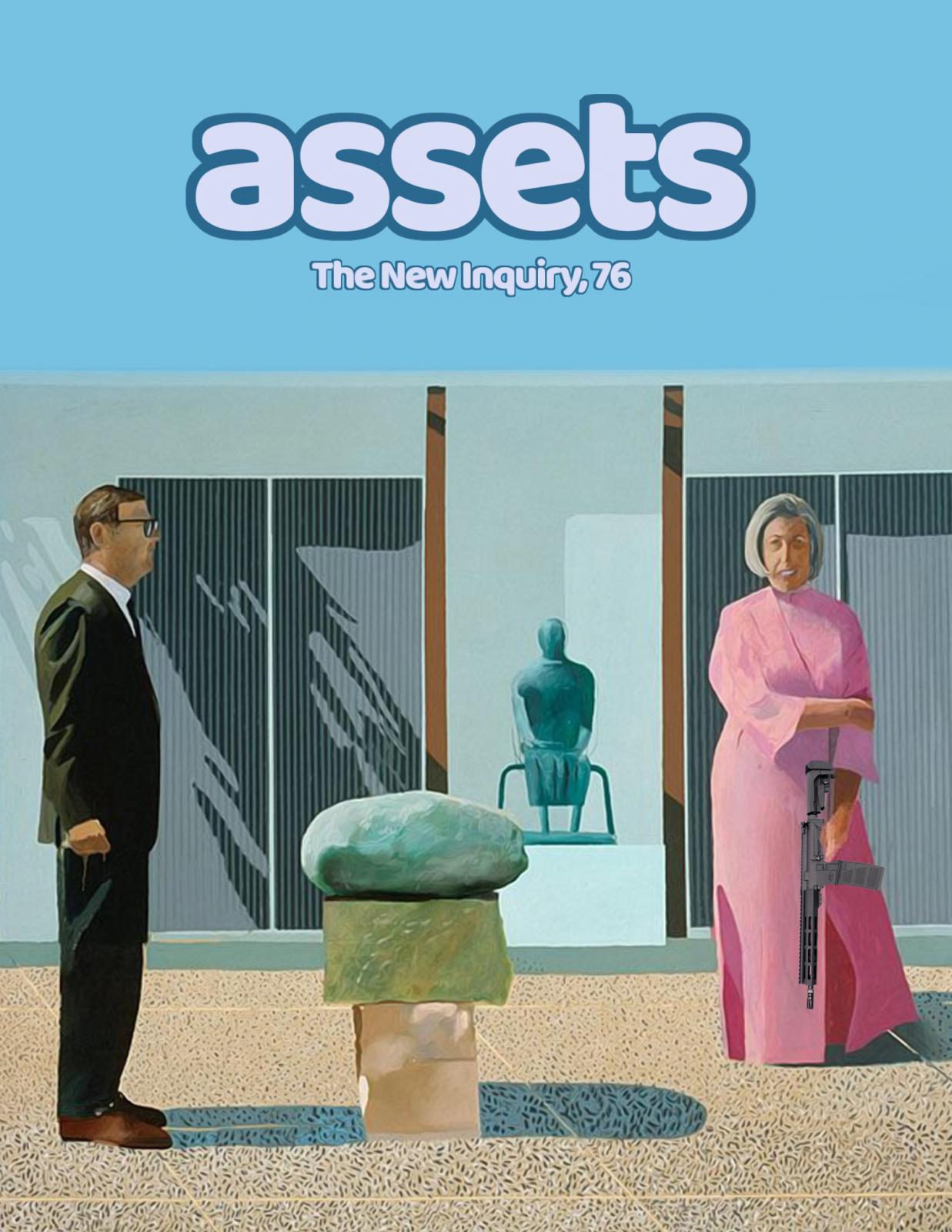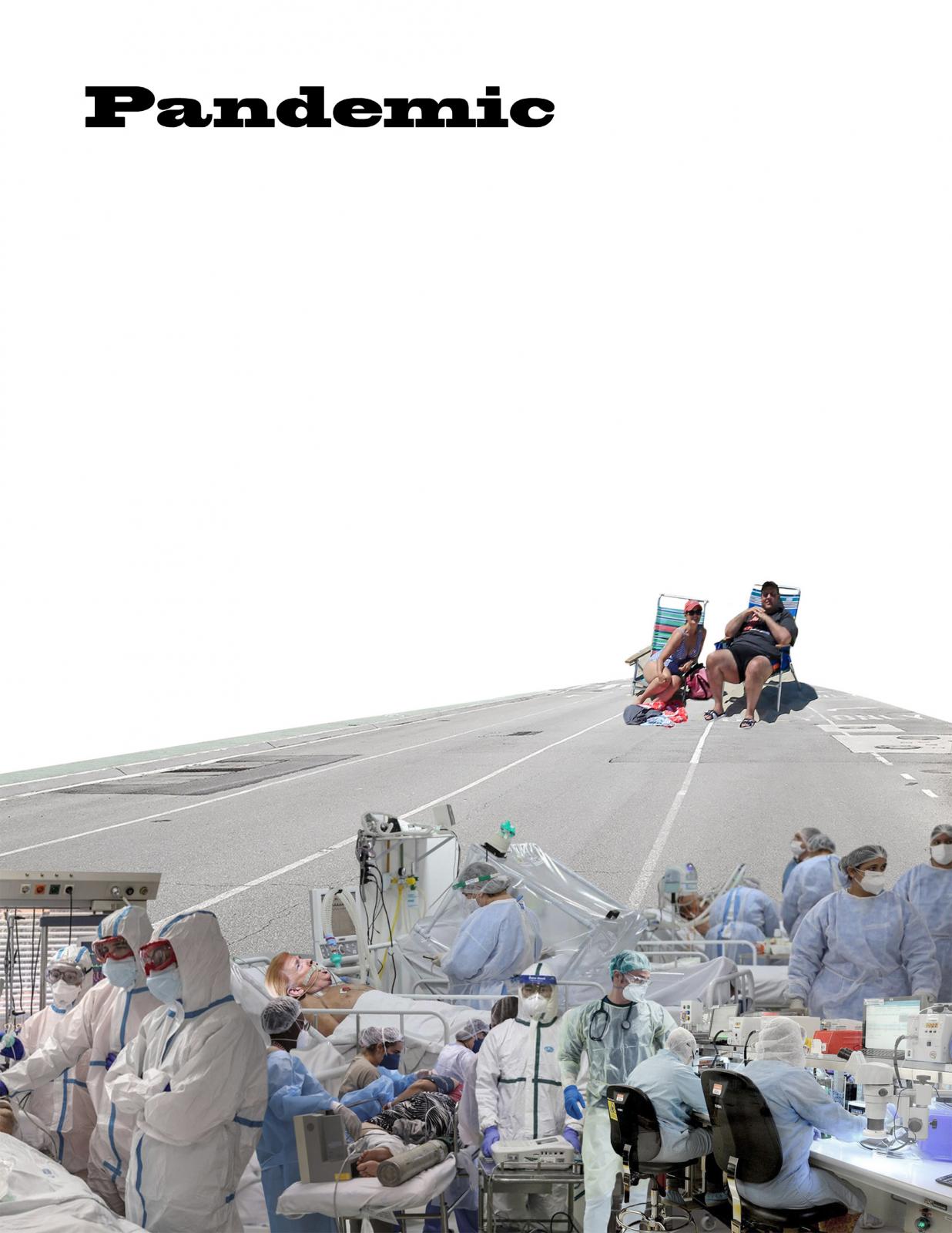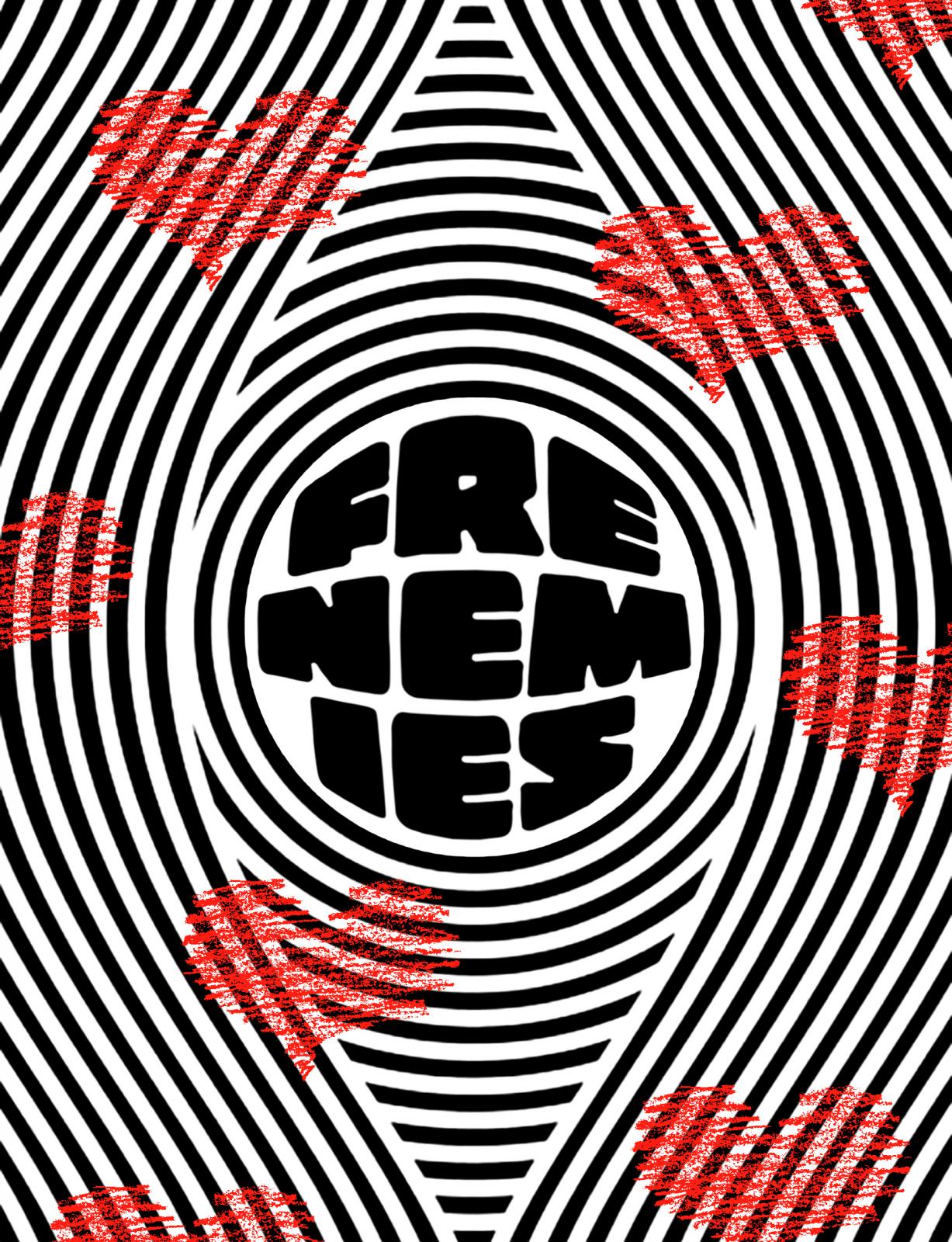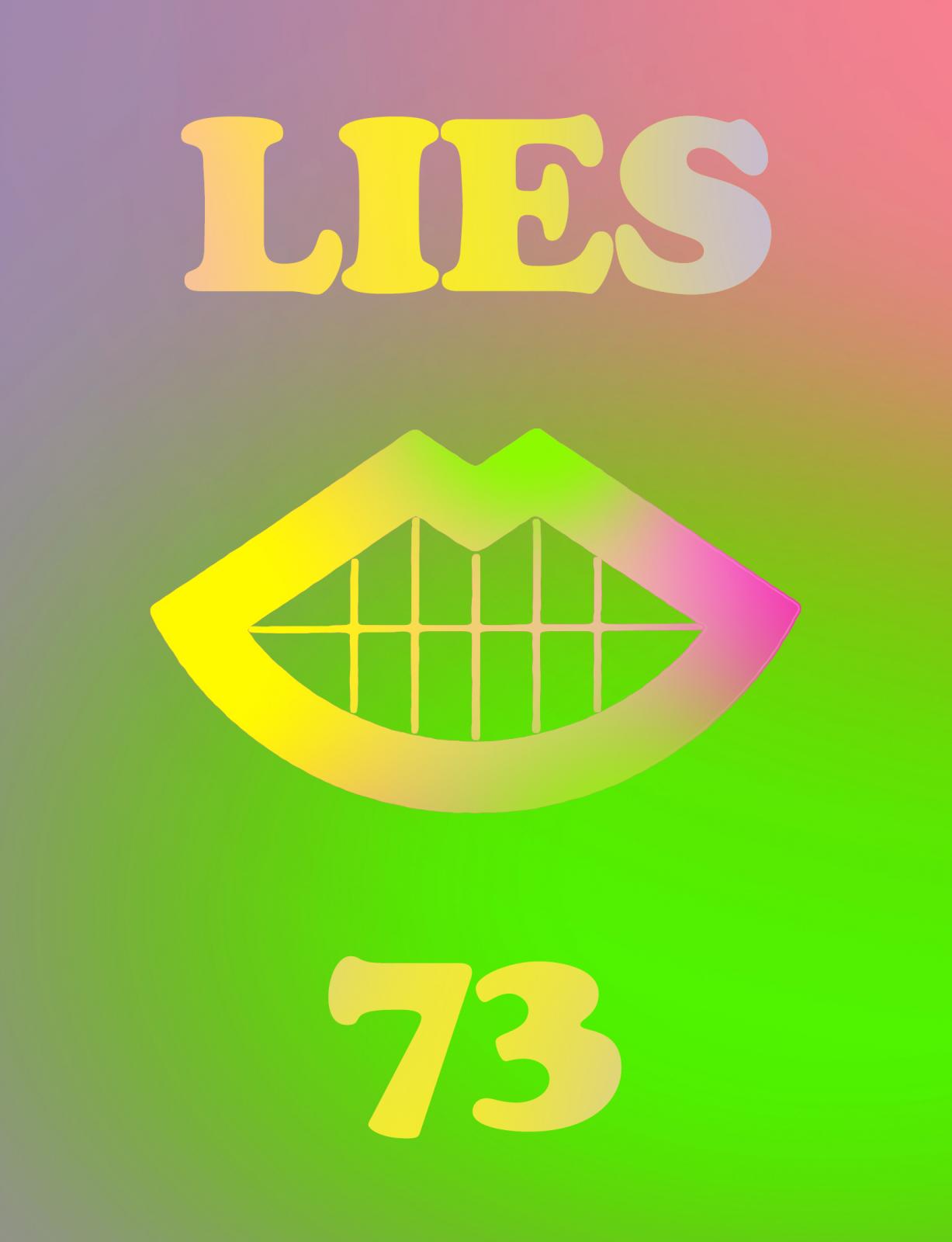Service
Editors' Note
A noun that becomes slippery in action, service speaks to the way our lives are verbed. Like the paradox and impossibility of giving a genuine gift that Derrida wrote of, acts of service are often more about a taking than a giving. “You’ve been served” might never escape its legal-juridical meaning; however, “You suckas got served” is also a reference to defeat in a dance battle. Every tax season it is easy to forget that the IRS supposedly performs a service. In the midst of street protest we turn to the cops who block our path and chant, “Who do you serve? Who do you protect?” The authors in this issue give voice to how acts of service both make and inhibit movement.
Whom does democracy work for? Astra Taylor’s documentary What is Democracy? quarrels with the political system under which we live. While some might say that democracy has never arrived, perhaps the violence, inequality, and capital accumulation of the United States are in fact its pure and true incarnation, not an aberration. In an interview, Tiana Reid and Taylor discuss what film does that writing doesn’t, how punishment operates on a global scale, and stretching the bounds of who is considered an intellectual.
Organizer Lena Afridi, from Queens, New York, reflects on the exorbitant expense of dying in American cities. She buried her father in a place he never knew, an hour-and-a-half drive from their home. “My father struggled against displacement in life only to encounter a different kind of displacement in death,” she writes.
In an excerpt from Sophie Lewis’s recently released book, Full Surrogacy Now: Feminism Against Family, waged gestation is argued to be labor. Critiquing Maggie Nelson while instrumentalizing Janelle Monáe’s call to unbirth the nation, Lewis considers how reproduction can work “both to deal death and to produce life.”
In her interview with Hosu Kim, author of Birth Mothers and Transnational Adoption Practices in South Korea: Virtual Mothering, Hiji Nam considers the role of aesthetics in political economy and how the circulation of Asian babies alongside cute animals online further propagates white-supremacist savior complexes. “From the view of the adopting nation-states, they are made to feel very comfortable in their role of adopting,” Kim says. “The adoptees are already made little, smaller, uncivilized—they’re literally infantile, a child. They need salvation from communism, from poverty.”
While some humans are analogized to animals, some animals have an increasingly close relationship to their companions. In “Service-Animal Liberation,” frequent New Inquiry contributor Carmen Petaccio wonders where animals belong and why it freaks us out so much when animals pop up in unfamiliar places, like the airport. “It’s fitting that the airport, the setting for so much dehumanization, corporate profiteering, and people generally being treated like animals, has become the main battleground for the service-animal debate,” he writes. “Where could anyone possibly need their service peacock more?”
In “Boy Problems” Ty Mitchell remembers the unsentimental education of a Las Vegas youth learning to attract older men. His essay takes apart the obscured relationships of power and desire exchanged in intergenerational cross-class intimacies. These comings are studded with abject ambiguities we’re not supposed to talk about let alone learn from, and which gay narratives as seemingly stylistically different as Love, Simon and Call Me by Your Name insist on turning away from.
“Tonight I think / no poetry / will serve,” writes Adrienne Rich in a 2007 poem. Back between the verb and nouns, she challenges us to deconstruct the grammar of violence: “verb force-feeds noun.” No poetry here. We serve a different grammar.
Featuring
-
Vol. 70 Editors' Note: Service
-
In Motion
-
Death and Life in Great American Cities
-
Labor Does You
-
Mommie Dearest
-
Service-Animal Liberation
-
Boy Problems
